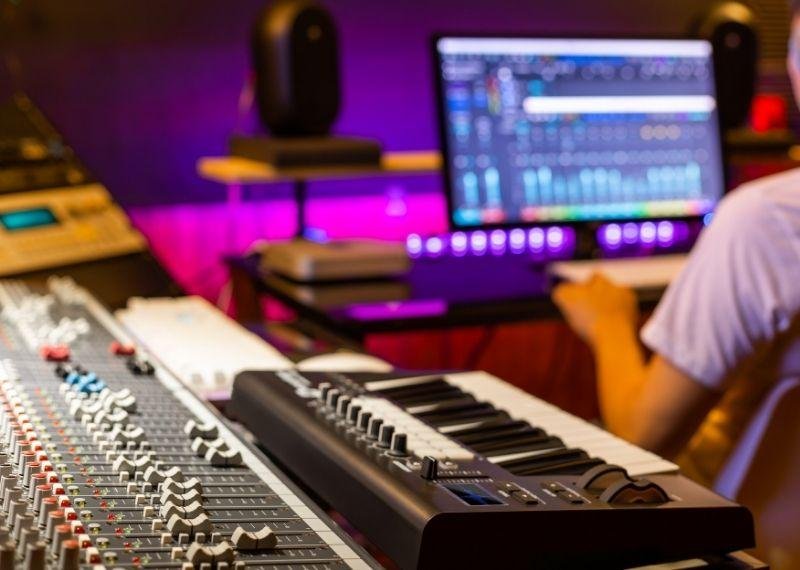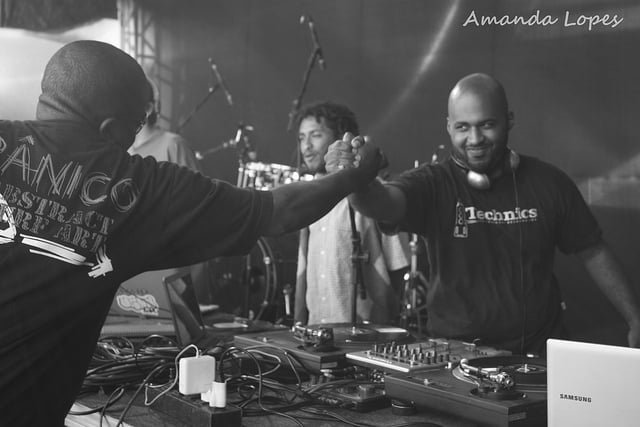What Skills do a Music Producer Need to Succeed?
Introduction
The role of a music producer is multifaceted and constantly evolving. A successful music producer doesn’t just understand the technical aspects of music production but also possesses a unique blend of creative, business, interpersonal, and adaptive skills. This blog post delves into the essential skills that are crucial for a music producer to thrive in this competitive industry.
Technical Skills
Sound Engineering
Understanding the technicalities of sound engineering is fundamental for any music producer. This includes knowledge of:
Mixing and mastering techniques
Acoustic principles
Usage of digital audio workstations (DAWs)
Microphone techniques and sound recording
Audio editing and processing
A strong grasp of sound engineering allows a producer to transform raw recordings into polished pieces of music.
Music Theory
Music theory is the backbone of production. It involves:
Understanding scales, chords, and melodies
Knowledge of rhythm and tempo
Ability to read and write musical notations
Familiarity with different musical genres and structures
This knowledge enables a producer to contribute creatively to the composition and arrangement of music.
Instrument Proficiency
While not mandatory, proficiency in playing one or more musical instruments can significantly enhance a producer's skill set. It aids in:
Composing and arranging music
Communicating effectively with artists and musicians
Adding personal touches and details to productions
Creative Skills
Innovation and Originality
In a field driven by creativity, the ability to innovate and maintain originality is crucial. A producer should be able to:
Develop unique sounds and styles
Experiment with new ideas and techniques
Stay true to an artistic vision while also adapting to artists' needs
Creativity is what sets apart great music and great producers.
Arrangement and Composition
The skill of arranging and composing music is what transforms a song from a concept into a complete piece. It involves:
Structuring songs
Orchestrating different elements and layers in a track
Balancing the sonic space
Business and Marketing Skills
Networking
Networking is a pivotal skill for music producers. It involves:
Building relationships with artists, record label executives, and other industry professionals.
Attending industry events, workshops, and seminars.
Utilizing social media and online platforms to connect with a broader audience.
Strong networks can lead to new opportunities and collaborations.
Brand Building
Establishing and maintaining a personal brand is essential in the music industry. This requires:
Developing a unique identity and sound.
Consistently showcasing work through various channels.
Engaging with fans and followers to build a loyal audience.
A strong brand can significantly enhance a producer's visibility and credibility in the industry.
Understanding the Music Industry
Knowledge of the music industry is crucial for navigating its complexities. This includes understanding:
Music rights and royalties.
The functioning of record labels and distribution channels.
Current market trends and consumer preferences.
Staying informed about industry dynamics helps producers make smarter business decisions.
Interpersonal Skills
Communication
Effective communication is key in music production. Producers must be able to:
Articulate their ideas clearly to artists and team members.
Listen actively and provide constructive feedback.
Resolve conflicts and negotiate effectively.
Good communication ensures a smooth production process and fosters a positive working environment.
Collaboration
Music production is often a collaborative effort. Essential collaborative skills include:
Working harmoniously with artists, engineers, and other producers.
Being open to ideas and suggestions from others.
Balancing creative inputs to achieve a cohesive final product.
Successful collaborations can lead to more innovative and diverse musical outputs.
Leadership
Producers often take on a leadership role in the studio. Effective leadership involves:
Guiding and motivating the team towards a common goal.
Making decisive and informed decisions.
Managing time and resources efficiently.
Strong leadership ensures that projects are completed successfully and on schedule.
Adaptability and Continuous Learning
Keeping Up with Trends
The music industry is continually evolving, and staying abreast of current trends is vital. This means:
Exploring emerging genres and styles.
Adapting to new technologies and production methods.
Understanding changing consumer behaviors and preferences.
Adaptability helps producers stay relevant and innovative.
Expanding Skill Set
Continuous learning and skill development are essential for long-term success. Producers should:
Regularly update their knowledge in music technology.
Attend workshops, courses, and seminars.
Seek feedback and learn from both successes and failures.
Investing in personal and professional growth ensures a producer remains competitive and versatile.
Conclusion
The journey to becoming a successful music producer is both challenging and rewarding. It demands a diverse set of technical, creative, business, interpersonal, and adaptive skills. By continually developing these skills, producers can navigate the complexities of the music industry and leave a lasting impact with their work.










